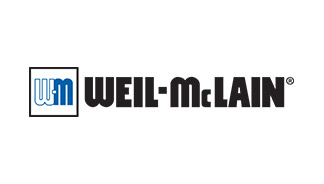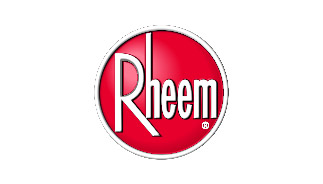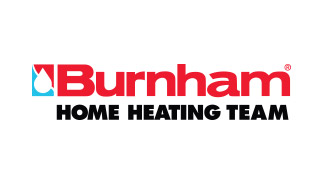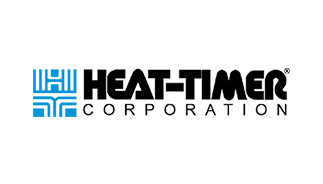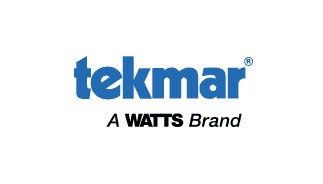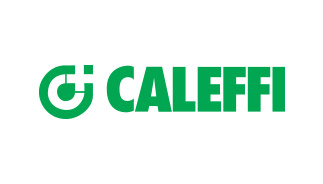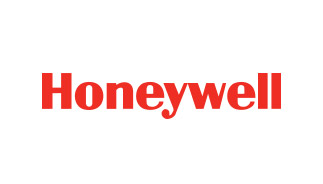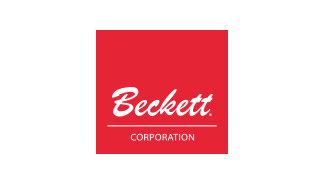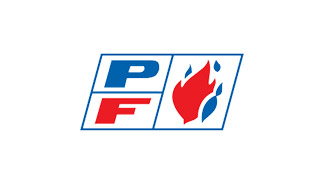Published on
September 10th, 2020Landlord’s Guide to Heat and Hot Water in NYC Apartments
Hot water problems and issues with heat in NYC apartments are common headaches for landlords and property managers. But they don’t have to be. With attention to the boiler and related plumbing, it’s possible to reduce malfunctioning problems and keep systems running smoothly. Here are five ways you can prevent heat and hot water disasters in your building.
Stay on Top of Boiler Maintenance
Schedule Routine Care
The number one way to avoid problems with your property’s heat and hot water is to remain on track with boiler maintenance. This means scheduling boiler checks and routine care.
Don’t wait until the cold weather hits New York; book an appointment for a boiler evaluation now. This has two advantages. First, Calray’s boiler experts will have more room in their schedule to meet your needs at a convenient time. The closer we get to winter, the fewer appointments we have available.
Second, you can prevent small boiler problems from turning into disastrous ones by catching them early, ideally before tenants even need to turn on their heat in the fall. If you need to order parts, complete repairs, or switch to an auxiliary boiler, you can do so at a leisurely pace, without interrupting your tenants’ service. And, you won’t be paying for emergency repair calls or rush shipping on equipment.
Know the Signs of Boiler Problems
Heed Warnings Early
Another top piece of advice we often share with clients is to be aware of the early signs of boiler problems, before you are completely left without heat or hot water. Visit the boiler room regularly and create a list of elements to check on a routine basis, the same way aircraft maintenance workers evaluate planes before every flight.
Educate building staff on what to look for that could prompt a call for a boiler professional:
- Leaking water or worn plumbing connected to the boiler
- Gauges not operating properly
- Boiler room carbon monoxide detector triggering
- Boiler failing to light as needed
- Boiler lighting too frequently or running continuously
- Frequent low water level
- Low water level device not functioning
- Too high or low pressure or expansion tank not regulating pressure
- Strange noises when the boiler is running
- Tenants complaining of tepid/cold water or intermittent scalding/cold water from the taps or no/insufficient/excessive heat from their radiators
Plan for Boiler Repairs and Upgrades
Collect Information and Budget
As mentioned above, a great advantage to staying on top of routine boiler maintenance is that you know immediately when repairs are needed. Being able to plan for repairs in a non-urgent manner has benefits beyond those we’ve already discussed.
You may decide it’s time to do some boiler, or other related plumbing upgrades, as long as you’re having work done on the system. The luxury of forethought is that you have the opportunity to explore various components or obtain knowledge about new local codes. It also allows you to budget accordingly. For a sole owner, this may be a simple step, but if you manage a condo or co-op building, you want to give your board members or associations the chance to discuss the finances related to any significant boiler changes.
Consider Energy-Efficient Improvements
Save Money… and the Environment
If you haven’t made upgrades to your building in a while, or if you recently purchased an older property, it may be time for some energy-efficient improvements. The beauty of these upgrades is twofold: they’re better for the environment, and they could save you money on your utility bills.
Think about all the facets of daily living that have changed since your boiler system was originally designed. Aside from just age and wear and tear, your boiler is probably working harder than it was 20 or more years ago due to onsite gym facilities, dishwashers, in-unit laundry, and other high-demand elements that were formerly considered luxuries and are now thought of as must-haves. Also, with current health concerns, many people are working or studying at home and using more heat or hot water than in previous years.
Your boiler experts can show you where you might be able to reduce energy use in your building. In the long run, this may save you time and hassle. You may want to alternate multiple boilers or separate your heat and hot water boilers for efficiency. Programmable thermostats and thermostatic radiator valves give tenants more control over their environments and cut back on unnecessary boiler use, for example, by turning down the heat at night. Systems that are constantly running at capacity are more prone to breakdowns as well as energy waste, which means more fix-it calls and expenses for you.
Work with Tenants to Avoid Complaints and Violations
Educate and Collaborate
Water and heat in NYC apartments tend to be contentious issues between tenants and landlords. Statistically, this is more likely to be the case with smaller buildings.
Tenant complaints about inadequate heat and hot water eat up your time, create a bad reputation for your building, and may leave you vulnerable to city fines and legal consequences.
Therefore, it’s in your best interest to work with tenants to resolve any problems quickly. Start by educating them about what’s normal and not normal, so they can report any signs of an impending boiler or plumbing malfunction. For example, water hammer, that annoying clanging radiator noise, indicates the need for better pipe insulation to stop the noise and reduce heat loss.
Encourage your tenants to keep you informed about hot water and heat issues. You’ll avoid having your boiler kink out because you didn’t know it was on its last legs.
Want to know more about how you can improve the function of heat and hot water in your building? Reach out to Calray Boilers by calling 212-722-5506 or by using our online form to send a message or schedule an appointment. Don’t wait until you have a boiler emergency or the cold weather arrives! Get in touch today.
